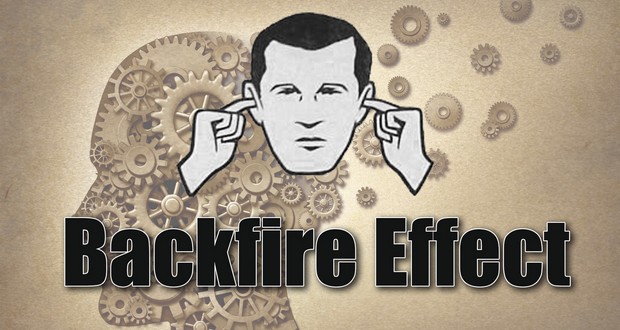11Tetris effect

Tetris effect is where a person devoting a large amount of time to a particular pattern-based activity (which in this case is Tetris) will start unconsciously thinking and dreaming about it. People who played Tetris for a prolonged amount of time could find themselves thinking about ways different shapes in the real world can fit together, such as the boxes on a supermarket shelf, the buildings on a street, or hallucinating pieces being generated and falling into place on an invisible layout.
12Cheerleader effect

The cheerleader effect, also known as the group attractiveness effect is the cognitive bias which causes people to think individuals are more attractive when they are in a group. The term was coined in 2008 during the How I Met Your Mother episode “Not a Father's Day”, and has been backed up by clinical research by Drew Walker and Edward Vul. The effect occurs because of the brain’s tendency to calculate the average properties of an object when viewing a group.
13Backfire effect

The backfire effect occurs when, in the face of contradictory evidence, established beliefs do not change but actually get stronger. The effect has been demonstrated experimentally in psychological tests, where subjects are given data that either reinforces or goes against their existing biases and in most cases people can be shown to increase their confidence in their prior position regardless of the evidence they were faced with.
14Dunning Kruger effect

Dunning Kruger effect is the tendency for unskilled individuals to overestimate their own ability and the tendency for experts to underestimate their own ability. Bertrand Russel said, “in the modern world the stupid are cocksure while the intelligent are full of doubt.”
15Social loafing

In social psychology, social loafing is the phenomenon of people exerting less effort to achieve a goal when they work in a group than when they work alone. A researcher in the 1970s blindfolded participants and told them they were going to play tug-of-war against another team. When they were told they had 3 others pulling with them, they pulled 18% less strenuously than when they were told they were alone.
16Semantic satiation

Semantic satiation is the psychological phenomenon in which repetition causes a word or phrase to temporarily lose meaning for the listener, who then processes the speech as repeated meaningless sounds. It is especially noticeable if you repeat a strange word several times to yourself in order to get the pronunciation right and the accent on the correct syllable and it ends up sounding stranger and stranger the more you try before becoming complete nonsense to your ears.
17IKEA effect

IKEA effect is the tendency for people to place a disproportionately high value on objects that they partially assembled themselves, such as furniture from IKEA, regardless of the quality of the end result.
Latest FactRepublic Video:
15 Most Controversial & Costly Blunders in History
18Broken escalator phenomenon

The broken escalator phenomenon, also known as the Walker Effect, is the sensation of losing balance or dizziness reported by some people when stepping onto an escalator which is not working. It is said that there is a brief, odd sensation of imbalance, despite full awareness that the escalator is not going to move.
19Google effect

Google effect is a cognitive bias where a person tends to forget information that can easily be found using internet search engines.
20Cryptomnesia

Cryptomnesia is a memory bias whereby a person may falsely recall generating a thought, an idea, a song, or a joke, not deliberately engaging in plagiarism but rather experiencing a memory as if it were a new inspiration.



